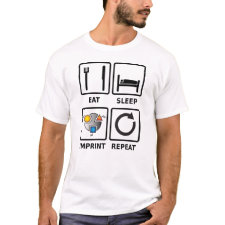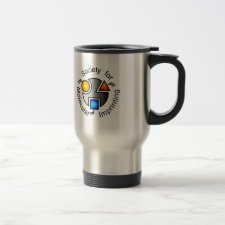
Authors: Gamoh K, Kotsuki H
Article Title: Molecular template formation on serum albumin under a high-pressure condition.
Publication date: 2000
Journal: Bunseki Kagaku
Volume: 49
Issue: (7)
Page numbers: 551-556.
DOI: 10.2116/bunsekikagaku.49.551
Alternative URL: http://www.jstage.jst.go.jp/article/bunsekikagaku/49/7/551/_pdf
Abstract: A method of the formation of a molecular template on bovine serum albumin (BSA) under a high-pressure condition has been developed. The BSA-adsorbed aminopropylsilica gel (APS-BSA) was suspended with cholestenone (4-cholesten-3-one) as a template molecule in aqueous ethanol, and the suspension was left standing under 200-800 MPa for 4-12 hrs. The solid residue was thoroughly washed with THF and ethyl acetate to extract cholestenone. The "templated"-APS-BSA gel selectively adsorbed cholestenone as the substrate in the suspended solution, including cholestenone. Also, the gel was used as a liquid- chromatographic packing material to examine its substrate- or structure-selectivity for some steroid compounds. A large- capacity factor for cholestenone was observed when an aqueous methanol solution was used as a mobile phase. This shows that the templated-APS-BSA gel has an appreciable molecular- recognition ability, and can be used as a selective adsorbent for a chromatographic separation. The selectivity has persisted for several months after intermittent applications. Furthermore, the templated-APS-BSA gel was analyzed using an IAsys plus, bio-molecule interaction analysis system by a resonant-mirror detector, to observe the binding amounts of the substrate. Only cholestenone showed an extremely higher value of the binding efficiency with the gel compared to any other steroid compounds tested. It has thus been shown that high pressure can be a parameter for molecular template formation on BSA, which means that a packing material with a highly selective molecular recognition site could be conveniently produced



Join the Society for Molecular Imprinting

New items RSS feed
Sign-up for e-mail updates:
Choose between receiving an occasional newsletter or more frequent e-mail alerts.
Click here to go to the sign-up page.
Is your name elemental or peptidic? Enter your name and find out by clicking either of the buttons below!
Other products you may like:
 MIPdatabase
MIPdatabase









